Podcast – John B. King on the Teachers Who Change Our Lives
 In our Putting Students First podcast, we interview students, policymakers, partners, and thought leaders to spotlight education policies, research, and practices so that together we can create learning environments where every Washington student feels safe, supported, and a positive sense of belonging, so that they can achieve academically and access the life they choose.
In our Putting Students First podcast, we interview students, policymakers, partners, and thought leaders to spotlight education policies, research, and practices so that together we can create learning environments where every Washington student feels safe, supported, and a positive sense of belonging, so that they can achieve academically and access the life they choose.
In this episode, League of Education Voters CEO Arik Korman interviews John B. King, Secretary of Education under President Obama and currently the chancellor of the State University of New York (SUNY), the nation’s largest comprehensive system of public higher education. Secretary King discusses how important it is for every student to have at least one caring adult in every school building, how we can shift mindsets so educators believe that every student can learn, what the value is of public K-12 and higher education, and how he would change our nation’s education system if there were no budgetary constraints.
Secretary King’s new book is Teacher By Teacher: The People Who Change Our Lives. Follow him on Instagram @johnbkingjr and on X @johnbking.
Listen on Spotify, Apple Podcasts, Amazon Music, iHeartRadio, or Spreaker
Listen:
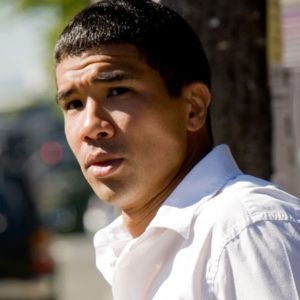 In our podcast, we interview policymakers, partners, and thought leaders to spotlight education policies, research, and practices so that together we can create a brighter future for every Washington student.
In our podcast, we interview policymakers, partners, and thought leaders to spotlight education policies, research, and practices so that together we can create a brighter future for every Washington student.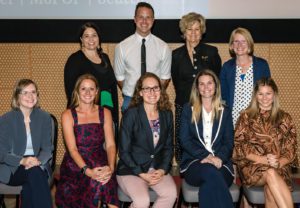 In our podcast, we interview policymakers, partners, and thought leaders to spotlight education policies, research, and practices so that together we can create a brighter future for every Washington student.
In our podcast, we interview policymakers, partners, and thought leaders to spotlight education policies, research, and practices so that together we can create a brighter future for every Washington student.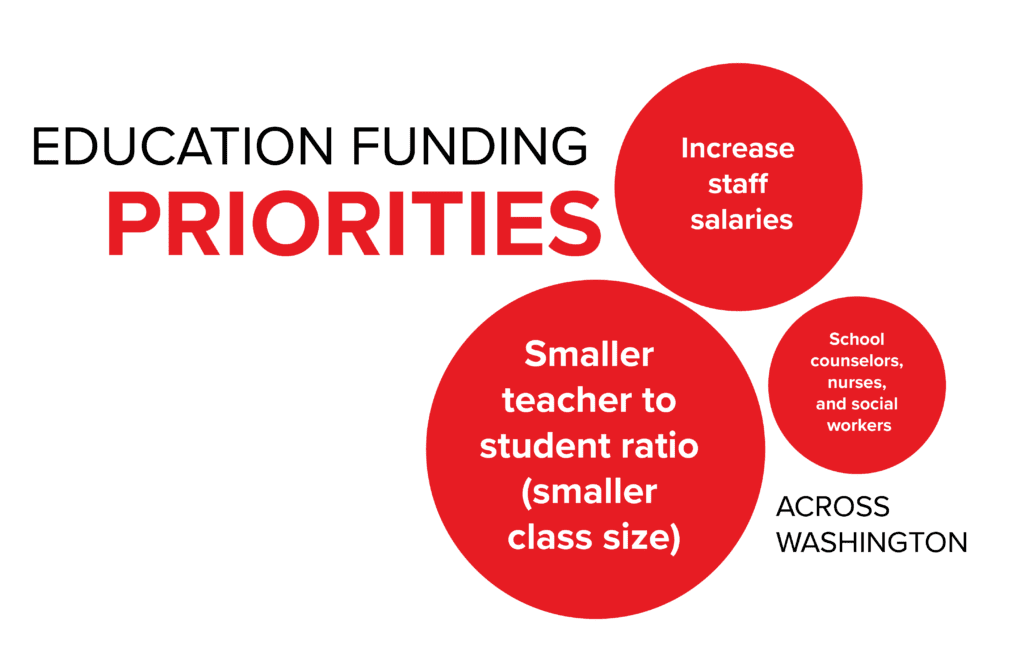
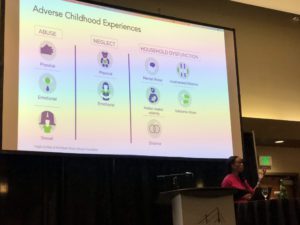
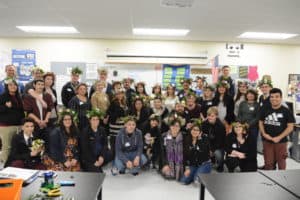 There are schools all across this state that are making dreams come true for their students.
There are schools all across this state that are making dreams come true for their students.